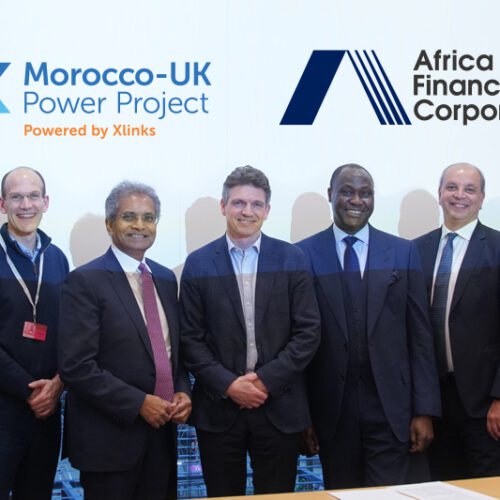In the first Oral Questions session for the Department for Business, Energy and Industrial Strategy (BEIS) this year, talk quickly turned to net zero, electric vehicles (EV) and clean job growth opportunities.
When asked what progress had been made in tackling climate change, the Minister for Business, Energy and Clean Growth, Kwasi Kwarteng, highlighted that carbon emissions have fallen by more than 40% since 1990, that the UK was decarbonising faster than any other G20 country and that “more than half our electricity now comes from low-carbon sources. We have the largest offshore wind capacity in the world.”
There was less clarity around the country’s next steps to decarbonise however, and how the energy market will contribute to this.
EVs ‘crucial’ for decarbonisation
Alex Chalk the representative for Cheltenham highlighted that EVs will be “crucial” for decarbonisation, but that the costs still remained restrictive, calling on the government to ensure costs fall.
“Through the Treasury and the £400 million fund, we are extending the provision of charging facilities for electric vehicles — that issue is the single reason that prevents people from buying EVs,” replied Kwarteng. “Manufacturers are clear about our intentions and our 2040 target for the full roll-out of EVs. We are looking to bring that target forward, and the cost curve is coming down.”
The importance of EVs also came up within questions about clean job creation and the possibility of a gigafactory in the UK.
Mark Pawsey, representative for Rugby, highlighted the successes of the London Electric Vehicle Company. The company operates in his constituency and has created 500 new jobs, and has now produced 3,000 electric taxis for London.
Both Pawsey and Kwarteng continued to agree that “the government’s plug-in taxi grant is vital to the uptake and roll-out of these vehicles”.
Elsewhere, Michael Fabricant, the representative for Lichfield called for the opening of a gigafactory in or near Birmingham to facilitate the production of EVs.
While no further details were provided, Kwarteng said: “It is vital for the success of our economy that we are able to find these new areas of technological growth that can support the uptake of ultra-low and zero-emission vehicles.”
Two million green jobs by 2030
Creating jobs in the clean growth sector was another major point, raised in several different forms.
Kwarteng stated that the government is hoping to create two million green jobs by 2030, and also pointed to statistics from the Office for National Statistics (ONS) last week, which showed that 466,000 people in this country are employed in low-carbon businesses and their supply chains.
However, while the overall employment rate went up, some sectors are still struggling, in particular the solar industry. The ONS figures showed employment in the solar sector drop from 9,000 full time employees in 2015 to just 6,600 in 2018. This was mirrored by a drop in turnover too, falling from £2.7 billion to £1.8 billion over the course of the three years.
Dr Alan Whitehead, the representative from Southampton, also warned that jobs must be transferred from parts of the energy sector like the oil and gas industry to clean growth, protecting employees but also ensuring that valuable skills are best utilised.
Kwarteng said that “we are making a successful transition from old industries to the new low-carbon-emitting, greener industries of the future”.
SMRs, CCUS and interconnection
The rest of the queries about the energy sector predominantly focused on new technologies such as small modular nuclear (SMR) reactors.
The Parliamentary Under-Secretary of State for Business, Energy and Industrial Strategy, Nadhim Zahawi, said: “Small modular reactors have significant potential to reduce our carbon emissions, and help to achieve net zero by using advanced manufacturing techniques to unlock what is referred to as ‘fleet economics’ and drive down costs in nuclear.”
Carbon capture utilisation and storage (CCUS) was touched upon, as were community energy and the potential for greater interconnection, notably with Morocco. Community energy was branded “crucial” by representative for Oxford East Anneliese Dodds, and Kwarteng said “we should be having a cross-party dialogue to pursue this agenda”.
The potential of taking advantage of the less than £14 per megawatt hour solar generation through an interconnector with northern Africa was met with a pledge that “we are always open to building alliances internationally”.





